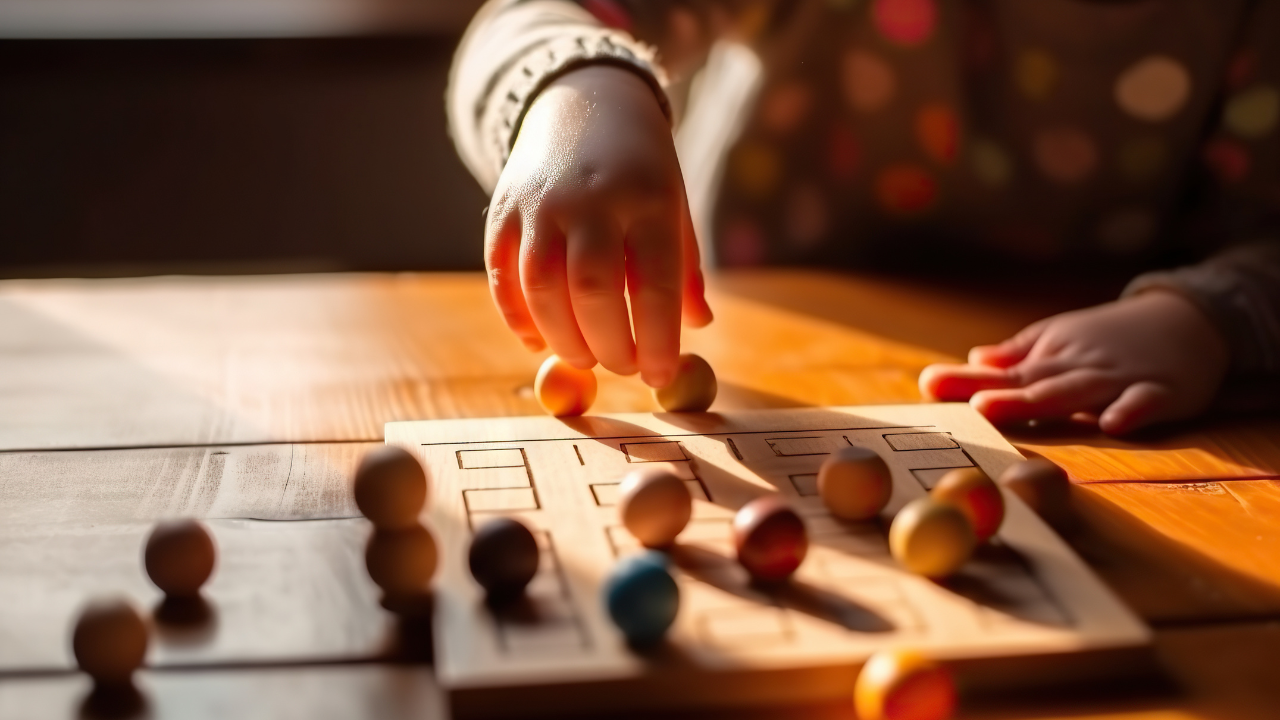In today’s digital age, where screens dominate the lives of children, traditional board games and card games might seem like a thing of the past. However, these timeless forms of entertainment offer numerous benefits for kids that extend far beyond simple amusement. Kids’ board games are amazing for natural learning, and dynamic childhood.
From cognitive development to social skills, games provide a wealth of advantages. In this article, we’ll explore 10 of these benefits and why encouraging your children to play these games is an awesome idea for thriving families.

10 Benefits of Games
Cognitive Skills
Games challenge children’s cognitive abilities by requiring them to strategize, plan ahead, and think critically. Games like chess, Scrabble, and Sudoku promote problem-solving and logical thinking, helping kids develop essential cognitive skills that can be applied in school and everyday life.
Math Skills
Many games involve counting, addition, subtraction, and even multiplication. Playing these games regularly can improve a child’s math skills and make learning arithmetic more engaging and enjoyable.
Memory Enhancement
Card games like Memory and board games with memory components help kids enhance their memory skills. These games require players to remember the location of specific cards or pieces, encouraging memory development and concentration.
Reading and Language Development
Word-based board games like Scrabble and Boggle boost vocabulary and language skills. Children are exposed to new words and challenged to construct words using letters, improving their spelling and language abilities. Kids’ board games are a fun and natural way to unlock the adult world around them.
Social Interaction
Board games and card games promote social interaction, cooperation, and healthy competition. Kids learn how to take turns, communicate effectively, and manage their emotions in a social setting. These games provide opportunities for bonding with family and friends.
Patience and Persistence
Many board games require patience and persistence to achieve a goal. When children experience setbacks or losses, they learn to handle frustration and develop resilience, important life skills that will serve them well in the future.
Critical Thinking
Games such as Risk, Settlers of Catan, and chess encourage kids to analyze complex situations, weigh their options, and make strategic decisions. These experiences foster critical thinking skills that can be applied to real-world scenarios.
Emotional Regulation
Board games and card games often involve moments of both victory and defeat. This emotional rollercoaster teaches kids how to handle their emotions, including disappointment and joy, in a controlled and constructive manner.
Creativity and Imagination
Many board games require players to be creative and use their imagination. Games like Dixit and Apples to Apples involve storytelling and creative thinking, stimulating a child’s creativity and fostering their ability to think outside the box.
Quality Family Time
Lastly, games provide an opportunity for quality family time. Gathering around the table to play games creates lasting memories and strengthens family bonds. It’s a chance to disconnect from screens and distractions and focus on each other.

Bring on the Games!
Kids’ board games offer a plethora of benefits, from enhancing cognitive skills to promoting social interaction and emotional growth. Filling your home with fun games encourages kids to “get in the game” of life and try new strategies!
So, dust off those board games, shuffle the cards, and enjoy the numerous advantages these classic games provide for your kids’ overall growth and well-being.

